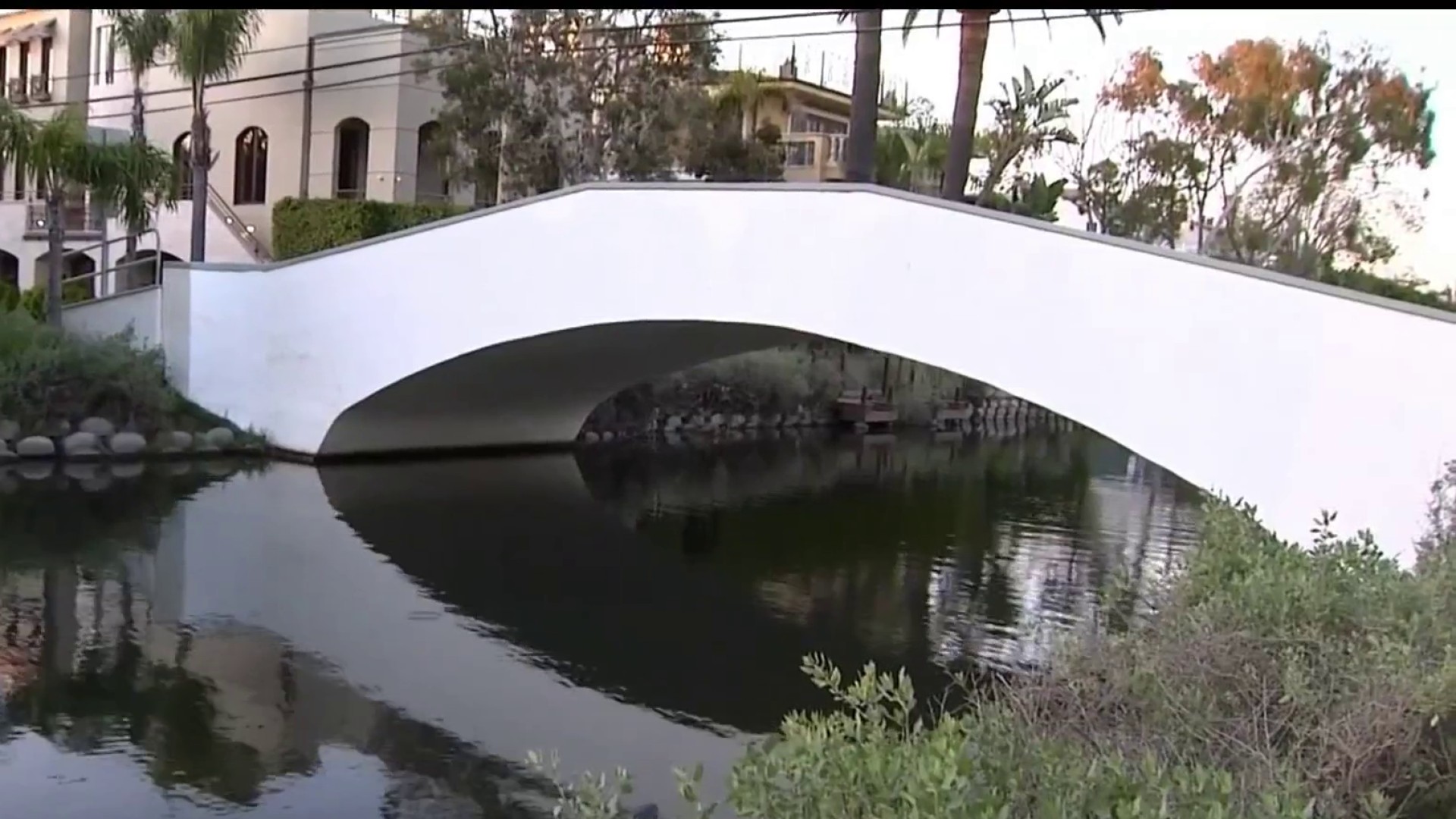If T-Mobile wants to trash Echo Park -- just named one of America's 10 great urban neighborhoods -- it needs to take some lessons from Tim Lieweke, the point man for billionaire Phil Anschutz in L.A., who learned the hard way about how to get a sweetheart deal to build Staples Center, huge subsidies to put up multi-million dollar condos at L.A. Live and an ownership stake in City Hall.
It's the money, stupid.
Lieweke came to town with AEG's proposal for a sports arena downtown and didn't understand that you get the runaround just like the city's 4 million people unless you hire the right team of lobbyists, public relations experts and consultants and start throwing big money around to the politicians, their friends and relations.
It took a while but he soon found he could buy City Hall and get anything he wanted. Out of gratitude and not wanting anything to change, he helped pay for the City Council to win the right to a third term in office through the subterfuge of Measure R.
T-Mobile in contrast has contributed just $500 each this year to Council Members Eric Garcetti, Ed Reyes and Janice Hahn and paid $15,000 to a small firm called John Q. Public Affairs for help in putting cell phone towers wherever it wants around town.
The result is that about 40 people who live or work or own property around the landmark Delmor Apartments in a rejuvenating part of Echo Park showed up Monday at a zoning hearing to protest T-Mobile's plan to install 12 cell phone towers atop the century-old building.
They presented petitions from 500 people and complained it was a threat to their health and the value of their property. They said the towers were visual blight like giant electronic billboards to the thousands of people who live above the Delmor. They warned the leaky roof of the Delmor might collapse and kill them from the weight of the towers. They resented the fact T-Mobile and the landlord would profit handsomely and the community would be trashed.
News
Top news of the day
Zoning Administrator Albert Landini took careful notes of each point but would hear nothing of it. He mocked the possibility that all those towers and radio waves could hurt anybody. Worries that property values would be hurt and tenants flee was just so much hearsay.
Nothing the community said mattered at all to Landini except how to conceal the towers well enough that they were not a complete assault on the visual landscape.
He only had ears for T-Mobile. But the company didn't show up. Over and over, Landini kept asking if T-Mobile's people had arrived. The John Q. Publics who live and work and own property in the area were there but not the lobbyist of that name.
In the end, Landini had to admit there was one issue that could stop him from approving the towers.
Garcetti, who represents the area, sent a staffer to announce he was going to seek historical-cultural status for the Delmor just like activists are seeking for Griffith Park. That impressed Landini in a way nothing the community said seemed to compute.
It'll be interesting to see what goes on behind the scenes over the month or so Landini needs to make up his mind. But you can bet T-Mobile will find a way to tell its story in back rooms where deals can be cut and you can be sure the city will not adopt regulations like other cities that set rational standards for where cell phone towers can go and give the community a genuine voice in decisions.



